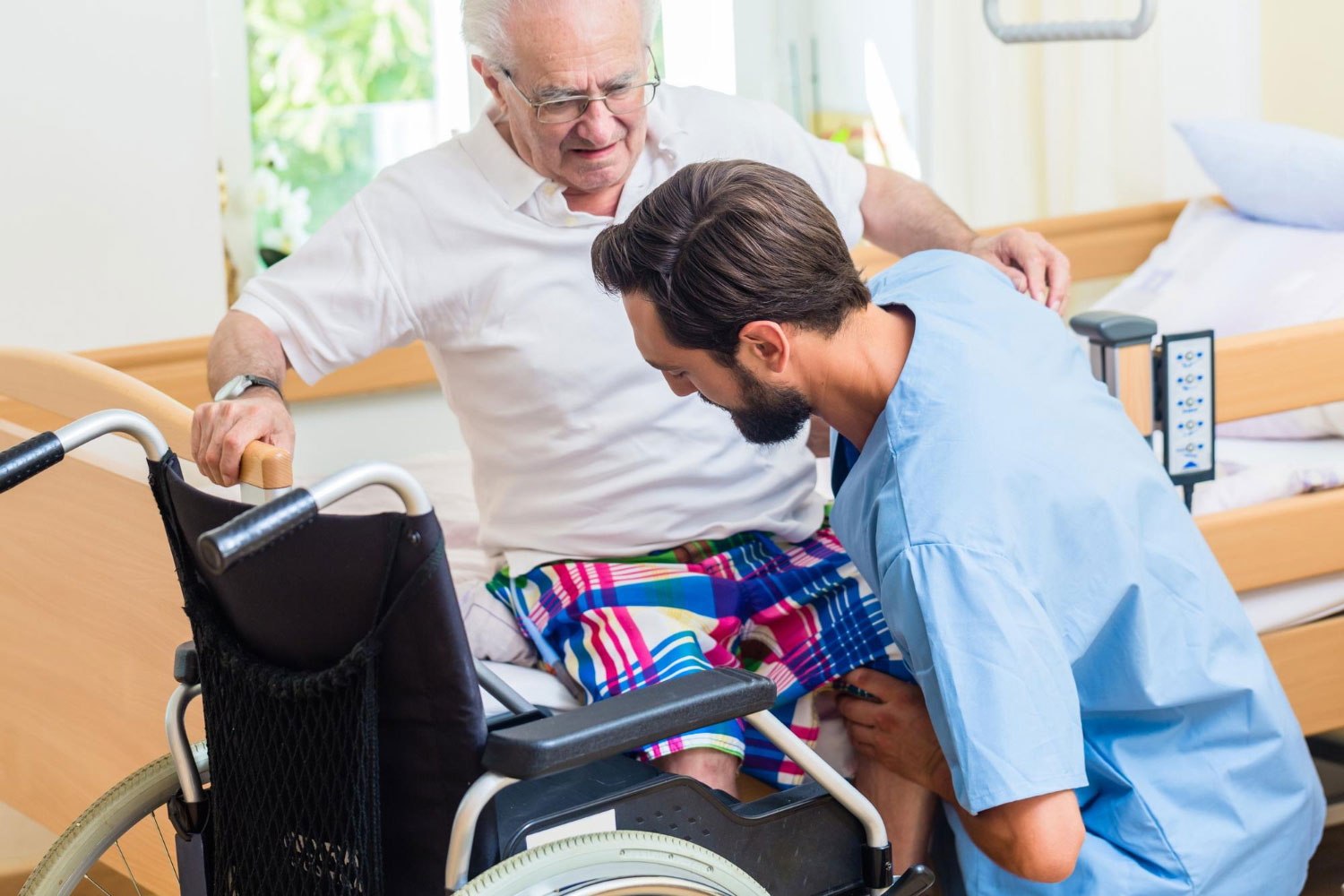
Stroke Recovery Assistance BD, Recovery from a stroke can be a long and challenging journey. Comprehensive stroke recovery assistance plays a crucial role in helping patients regain their independence and improve their quality of life. This support encompasses physical therapy, emotional counseling, and educational resources for patients and families. As awareness of stroke recovery increases in Bangladesh, tailored assistance services are becoming vital in healthcare.
A stroke occurs when blood flow to the brain is disrupted, leading to brain cell damage. This can result in various physical and cognitive impairments. Common effects include weakness, speech difficulties, and challenges with mobility. Survivors often face emotional and psychological issues, such as anxiety and depression. Understanding the multifaceted impact of stroke is essential for providing effective recovery assistance.
Early intervention is crucial in stroke recovery. Research shows that the sooner rehabilitation begins, the better the outcomes. Healthcare providers in Bangladesh emphasize the need for timely assessment and treatment. Rehabilitation services often start in the hospital and continue after discharge. This approach helps patients regain skills and adapt to their new circumstances.
Physical therapy is a cornerstone of stroke recovery assistance. Skilled physiotherapists work with patients to improve mobility, strength, and coordination. They design individualized exercise programs that focus on specific needs and abilities. Common interventions may include:
Consistent physical therapy allows stroke survivors to make significant progress toward regaining independence.
Many stroke survivors experience difficulties with speech and language. Speech-language pathologists provide targeted therapy to help patients regain communication skills. This therapy focuses on:
Effective speech and language therapy fosters meaningful communication, which is vital for emotional and social well-being.
Occupational therapy assists stroke survivors in regaining the skills needed for daily living. Occupational therapists work with patients to develop strategies for performing everyday tasks, such as:
Therapists use adaptive equipment and techniques to enhance independence, allowing patients to reintegrate into their daily lives.
The emotional impact of a stroke can be profound. Feelings of frustration, sadness, or isolation are common among survivors. Stroke recovery assistance BD includes emotional support and counseling services. Mental health professionals help patients and families cope with the psychological challenges of recovery. Group therapy sessions can also provide a supportive community for sharing experiences and encouragement.
Various healthcare facilities and organizations offer stroke recovery assistance in Bangladesh. Public and private hospitals, rehabilitation centers, and community health programs are increasingly focusing on stroke rehabilitation. As awareness of the importance of stroke recovery grows, efforts to improve access to these services are ongoing. Mobile health units and telemedicine options are expanding access, especially in rural areas.